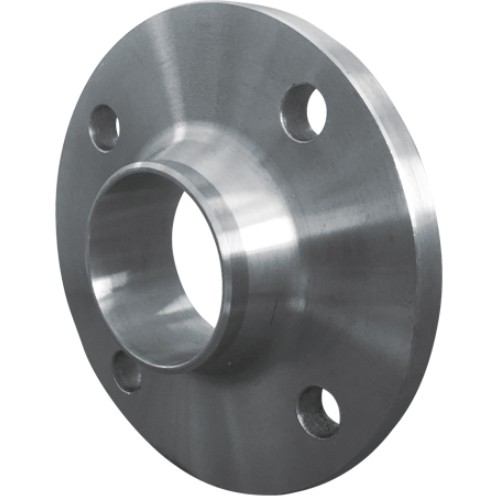soft seated check valve
Understanding Soft Seated Check Valves A Comprehensive Overview
Check valves are a crucial component in various piping systems, ensuring that fluids flow in one direction while preventing backflow, which can lead to equipment damage and inefficiencies. Among the different types of check valves available in the market, soft seated check valves have gained significant popularity due to their unique design and advantages. This article will delve into the features, benefits, and applications of soft seated check valves.
What is a Soft Seated Check Valve?
A soft seated check valve is a type of valve that utilizes a soft material, such as rubber or elastomer, for its sealing surfaces. This sealing mechanism provides a tight closure when the valve is in the closed position, effectively preventing the backflow of fluids. The term soft seated distinguishes these valves from metal seated counterparts, where the sealing surfaces are composed of harder materials. The softer material creates a better seal, enhancing the overall performance of the valve.
Key Features
1. Tight Seal The primary feature of a soft seated check valve is its ability to create a tight seal. The elastomeric materials used for the seating surfaces deform slightly to create a snug fit against the valve body. This minimizes leakage and ensures the fluid flows solely in the intended direction.
2. Lower Operating Noise Soft seated check valves typically offer quieter operation compared to metal seated types. The soft materials absorb vibrations and reduce the noise generated when the valve closes, making them ideal for applications in residential and commercial plumbing systems.
3. Resistance to Corrosion Many soft seated check valves are constructed using materials that resist corrosion, making them suitable for a wide range of fluids, including corrosive chemicals. This durability extends the lifespan of the valve and reduces maintenance costs.
4. Versatility These valves come in various sizes and configurations, making them suitable for different applications, from small plumbing fixtures to large industrial systems.
Advantages of Soft Seated Check Valves
soft seated check valve

1. Enhanced Performance The tight sealing capability of soft seated check valves enhances the performance of the entire system by preventing backflow, which can lead to equipment wear, leaks, and other issues.
2. Reduced Maintenance Because they minimize leakage, soft seated check valves often require less frequent maintenance and replacement, leading to cost savings over time.
3. Improved Energy Efficiency By ensuring proper flow direction with minimal loss, these valves can contribute to overall energy efficiency in fluid systems, reducing energy consumption and operational costs.
4. Easy Installation Soft seated check valves are generally lightweight and compact, making them easy to install in various systems, whether they are new installations or retrofitting existing systems.
Applications
Soft seated check valves are widely used in numerous applications across different industries
- Water and Wastewater Treatment Ensuring backflow prevention in water treatment facilities and sewer systems. - HVAC Systems Keeping refrigerants and other fluids flowing in the correct direction. - Chemical Processing Providing reliable operation in the transportation of corrosive chemicals while preventing leaks. - Food and Beverage Industry Maintaining hygiene and safety in processes where food products are involved.
Conclusion
Soft seated check valves play a vital role in modern fluid control systems, offering numerous advantages, including tight sealing, corrosion resistance, and reduced maintenance needs. By effectively preventing backflow, they not only protect equipment but also enhance system efficiency. As technology advances, the demand for reliable and effective solutions like soft seated check valves continues to grow, making them an essential element in engineering and plumbing design. Whether in industrial settings or residential applications, their role in maintaining fluid integrity cannot be overstated.
-
The Key to Fluid Control: Exploring the Advantages of Ball Valves in Industrial SystemsNewsJul.09,2025
-
The Versatile World of 1, 2, and 3 Piece Ball ValvesNewsJul.09,2025
-
Stainless Steel Ball Valves: The Ideal Choice for Efficient Flow ControlNewsJul.09,2025
-
Optimizing Fluid Control with Ball Float ValvesNewsJul.09,2025
-
Manual Gate Valves: Essential for Control and EfficiencyNewsJul.09,2025
-
Everything You Need to Know About Butterfly ValvesNewsJul.09,2025
-
The Versatility of Wafer Type Butterfly ValvesNewsJul.08,2025




